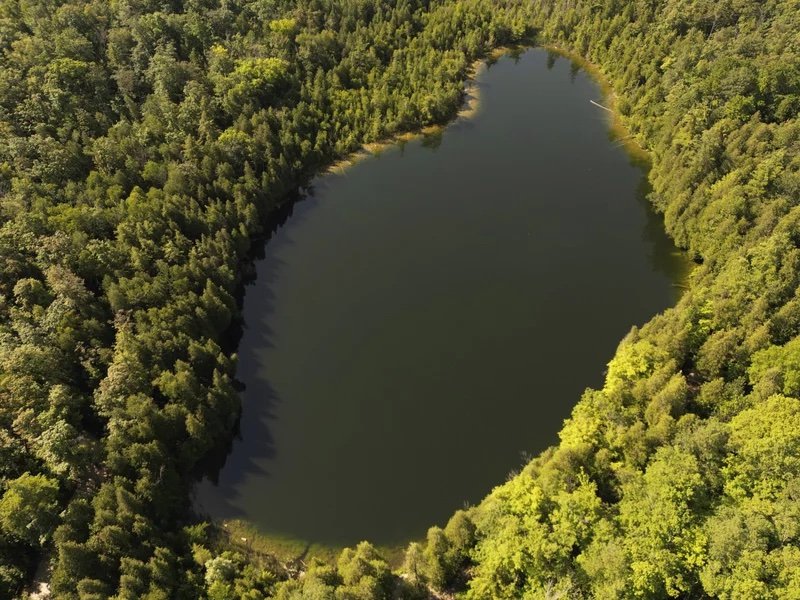The Conservation:
NASA
“Has Nature, framed as being separate to humanity, lost its relevance? Does humanity’s exceptionalist mindset, as famed biologist E.O. Wilson suggests, leave us “contemptuous towards lower forms of life”? Globally, we have entered the Anthropocene, with humans the dominant force driving change in all ecosystems. Through our overwhelming influence on the atmosphere, hydrosphere and biosphere, no ecosystem anywhere is sheltered from our influence.
... is it now the time to go beyond “nature” as a concept external to humanity? Instead, we could promote a deeper understanding of biodiversity and community as the shared long history and future fate both of humanity and non-human life. Such revised paradigms are closer to Indigenous viewpoints of community, in which land management is conducted in partnership with our relatives within all ecosystems.
Have we reached the end of nature in its traditional meaning as distinct from us? Reframing our relationship with nature is an important step to deepen our commitment to addressing these human-made environmental crises.”





